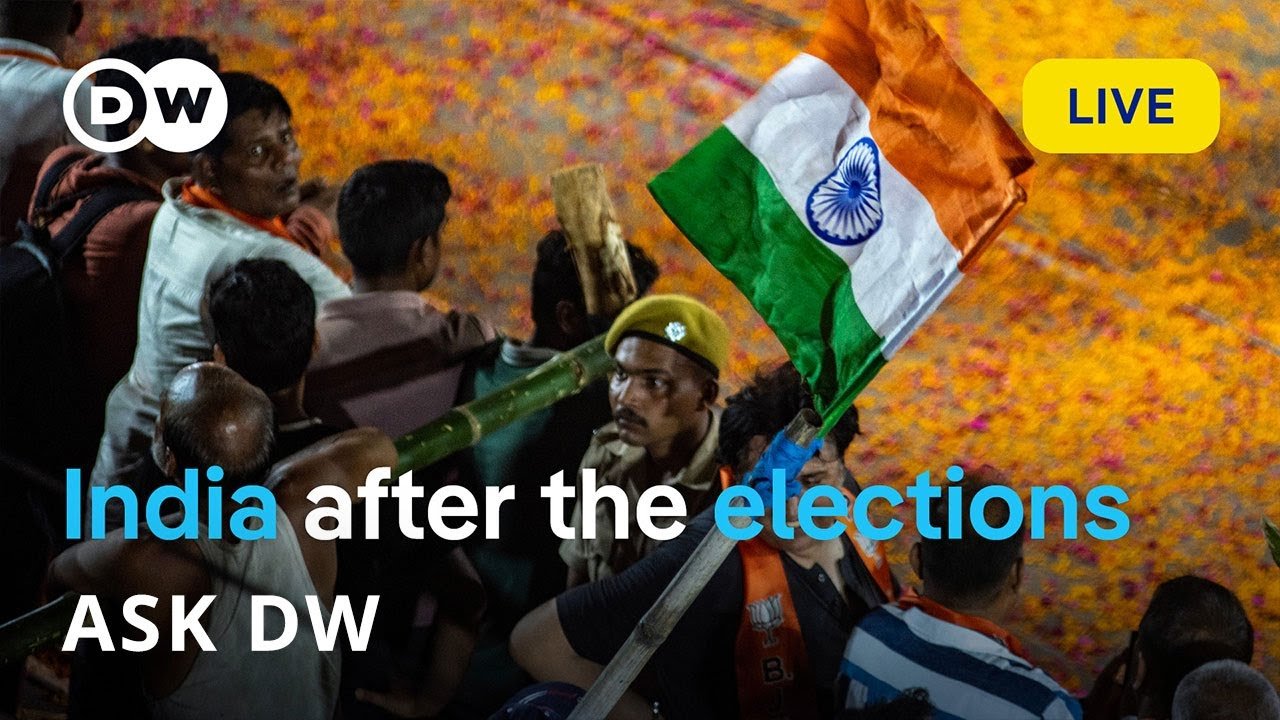- 640 million votes were cast in the election to determine India’s leadership for the next five years.
- Initial projections show a close contest between Modi’s BJP-led NDA coalition and the opposition Congress party-led India Alliance.
- Factors like unemployment, inflation, and rural distress have been significant in shaping voter sentiment.
- Despite voter disillusionment, Narendra Modi remains a highly popular figure among Indian voters.
- The opposition alliances are seen as fractured and lacking a strong alternative to Modi’s leadership.
- There is a potential for Modi to focus on economic development and possibly recalibrate his government’s Hindu nationalist agenda based on election feedback.
- The election results could influence India’s international relations and domestic policies, including those related to economic reforms and social welfare.
- Discussion on the impact of the election results on India’s economy, with considerations for direct benefits to the poor and potential shifts in foreign policy.
- Speculation on how Modi’s leadership style and political strategies may evolve in response to the election outcome.
- The role of regional parties and coalition dynamics in shaping the next government’s stability and policy direction.
- Analysis of the implications for democracy and governance in India, reflecting on the past decade under Modi’s rule.
DW News is a global news TV program broadcast by German public state-owned international broadcaster Deutsche Welle (DW).
AllSides Media Bias Rating: Center
https://www.allsides.com/news-source/deutsche-welle-media-bias
Official website: https://www.dw.com
Original video here.
This summary has been generated by AI.

Leave a Reply